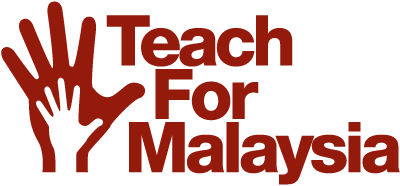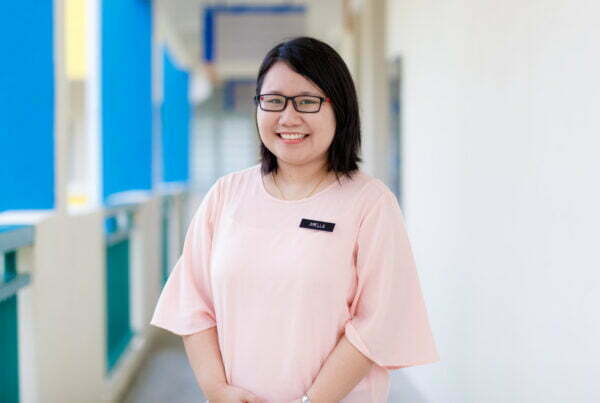“There is no single solution to the problem of education inequity. This shift in mindset has helped me realise that we all need to work together to tackle this issue.”
Brian Geh was a fresh graduate when he joined the Fellowship in 2012. He graduated from Cambridge University in the UK with a Masters in Mathematics. Brian was teaching in a school in Selangor for two years and decided to join the Research, Design and Impact team at Teach For Malaysia after completing the Fellowship. Read on to find out why.
What impacted you the most as a Fellow?
Two moments impacted me the most. During my first month as a Fellow, it dawned on me that many of the secondary students in my school were far behind their peers, in basic literacy and numeracy skills. I realised how big the problem of education inequity really was and the magnitude of the challenges faced by students and teachers in my school.
The second moment came when one of my students made it to the 2nd stage of the Malaysian Math Olympiad competition. I was so proud to see my student in the same list as the other 75 students who made it to the 2nd stage; many had come from various high-performing schools or schools for gifted children. It showed me that the students in my school had the potential to succeed, given the opportunity.
Tell us about your role at Teach For Malaysia.
I currently work in the Research, Design and Impact team. We help the movement understand the context of the schools we work with, so we can increase our programme’s impact through the students, schools and communities our Fellows work with.
What are the most important things about teaching and leadership?
For me, it boils down to three things:
Grit/Perseverance – Understanding that while the problem is solvable, success may not be seen within days, weeks or even months. Hence, we must continue to work towards solving the problem.
Humility – There is no single solution to the problem of education inequity. This shift in mindset has helped me realise that we all need to work together to tackle this issue.
Taking initiative – This is a more recent thing I’ve learnt, but often there is a gap between understanding an issue and doing something about it.
How has your experience as a Fellow and Teach For Malaysia staff influenced how you view education inequity?
Working in both roles has given me the opportunity to understand these issues up close, and also gain a broader view of the issues while working in my current role. Interestingly enough, my views on the issues, causes and potential solutions haven’t changed much between these roles.
My thoughts on the issues are that while educational disadvantages are rooted in the socio-economic inequity and segregation along class lines, these things are not all insurmountable, and can be overcome by having good leadership at all levels to drive education transformation. A secondary thing would be some level of reallocation of resources to negate educational disadvantage.
How has your Fellowship journey developed your abilities as a leader and advocate for children from low-income backgrounds?
There are two things I’ve taken away from my Fellowship journey – what I’ve developed in terms of skills, and what I’ve learnt from the day-to-day experience.
The Fellowship is something that is difficult and challenging, but at the same time has also always been this rich place full of opportunities and avenues that allow you to develop as you go along, and I have benefited greatly from this journey in the Fellowship.
More importantly, my Fellowship journey gave me a taste of what many of my students and colleagues in school experience each day, and because of this I will continue to speak, share and advocate for my school, wherever I am.





